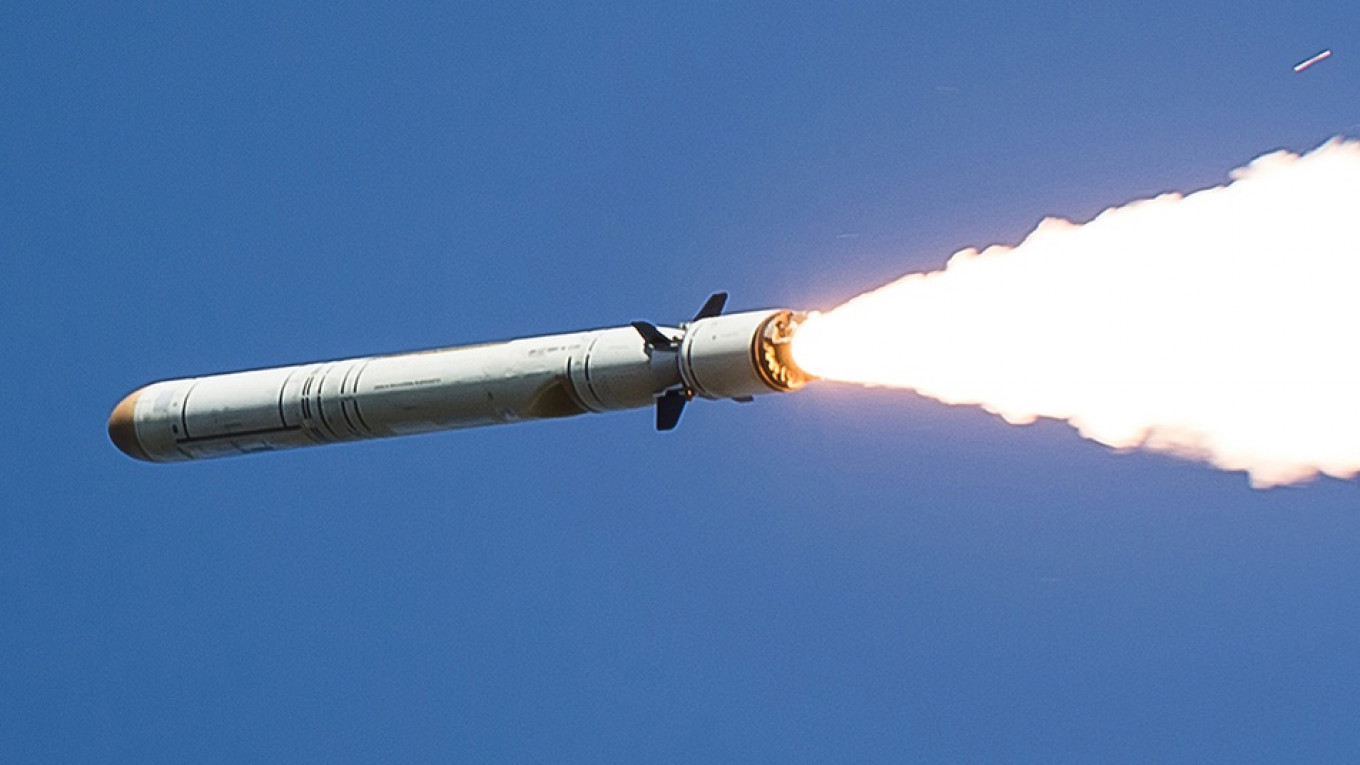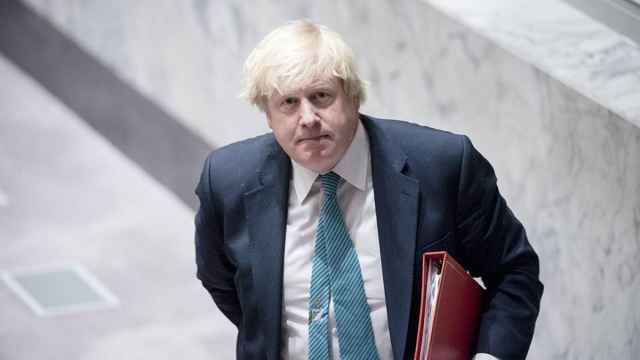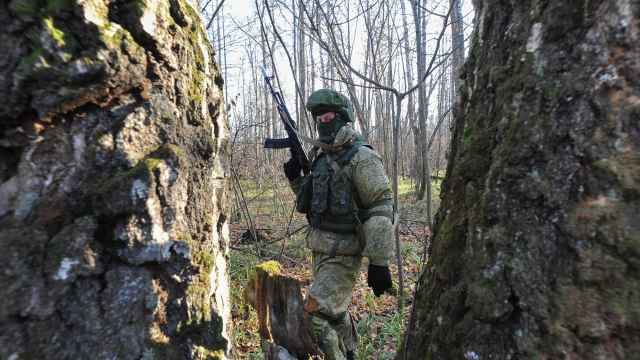Russia said on Monday it was planning for a U.S. deployment of new nuclear missiles in Europe following Washington’s planned withdrawal from a landmark Cold war-era arms control treaty despite the United States denying it has such plans.
Russia is keen to dissuade U.S. President Donald Trump from carrying out a threat for Washington to quit the Intermediate-Range Nuclear Forces (INF) Treaty which eliminated both countries’ land-based short- and intermediate-range nuclear missiles from Europe.
Both countries accuse each other of violating the 1987 treaty and President Vladimir Putin and Trump are due to discuss the matter at the G20 in Argentina later this month.
Deputy Foreign Minister Sergei Ryabkov told a news conference on Monday that Moscow wanted to save the treaty and was open to talks on the issue with Washington.
But Ryabkov, who accused the United States of violating the accord with missile deployments in Poland and Romania, said he thought the chances of a change of heart were slim and said Russia's military planners were prepared for such a scenario.
A Skeptical Moscow
NATO’s top official said in October he did not believe there would be new deployments of U.S. missiles in Europe and U.S. National Security Advisor John Bolton said Washington was a long way from taking decisions about deploying missiles in Europe.
Ryabkov said Moscow was skeptical about assertions from U.S. and NATO officials that no such new missiles would be deployed.
"We hear (the denials) but nothing more," said Ryabkov. "Plans have been changed many times before. We don't want to be disappointed in our (U.S.) colleagues again and therefore we are assuming the worst case scenario in our military planning."
Ryabkov said he believed the United States would be able to deploy intermediate-range nuclear missiles in Europe "within years," something he said would fuel a dangerous arms race.
"We can't ignore the potential deployment of new American missiles on territory from where they will be a threat to Russia and its allies," the TASS news agency cited him as saying.
"In the event of such a deployment the Americans would gain significant extra capabilities, allowing them to strike at targets deep inside Russia."
Putin has previously said that Russia would be forced to target any European countries that agreed to host U.S. nuclear missiles.
Ryabkov said it was too early to speak about specific military retaliatory steps, but said Moscow's response would be "effective" and "relatively inexpensive."
A Message from The Moscow Times:
Dear readers,
We are facing unprecedented challenges. Russia's Prosecutor General's Office has designated The Moscow Times as an "undesirable" organization, criminalizing our work and putting our staff at risk of prosecution. This follows our earlier unjust labeling as a "foreign agent."
These actions are direct attempts to silence independent journalism in Russia. The authorities claim our work "discredits the decisions of the Russian leadership." We see things differently: we strive to provide accurate, unbiased reporting on Russia.
We, the journalists of The Moscow Times, refuse to be silenced. But to continue our work, we need your help.
Your support, no matter how small, makes a world of difference. If you can, please support us monthly starting from just $2. It's quick to set up, and every contribution makes a significant impact.
By supporting The Moscow Times, you're defending open, independent journalism in the face of repression. Thank you for standing with us.
Remind me later.






